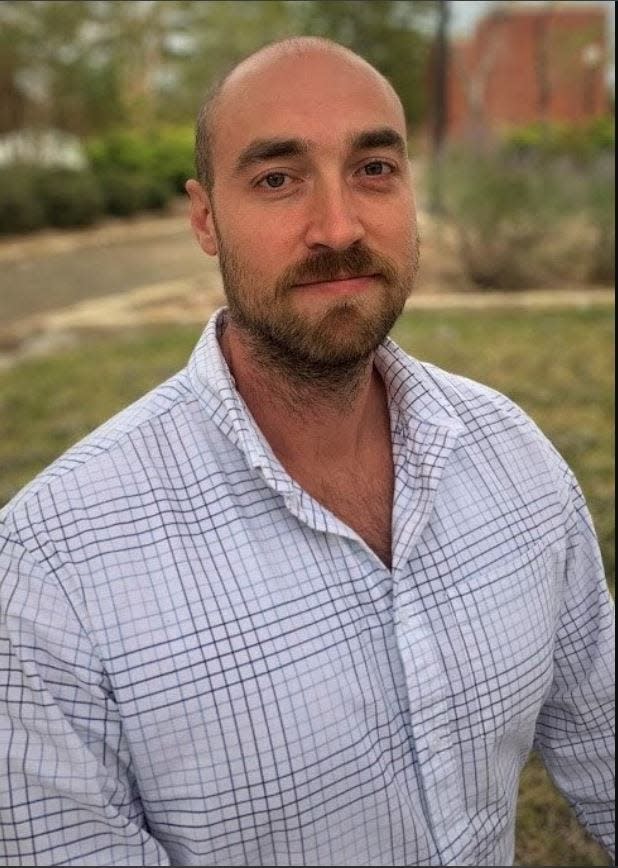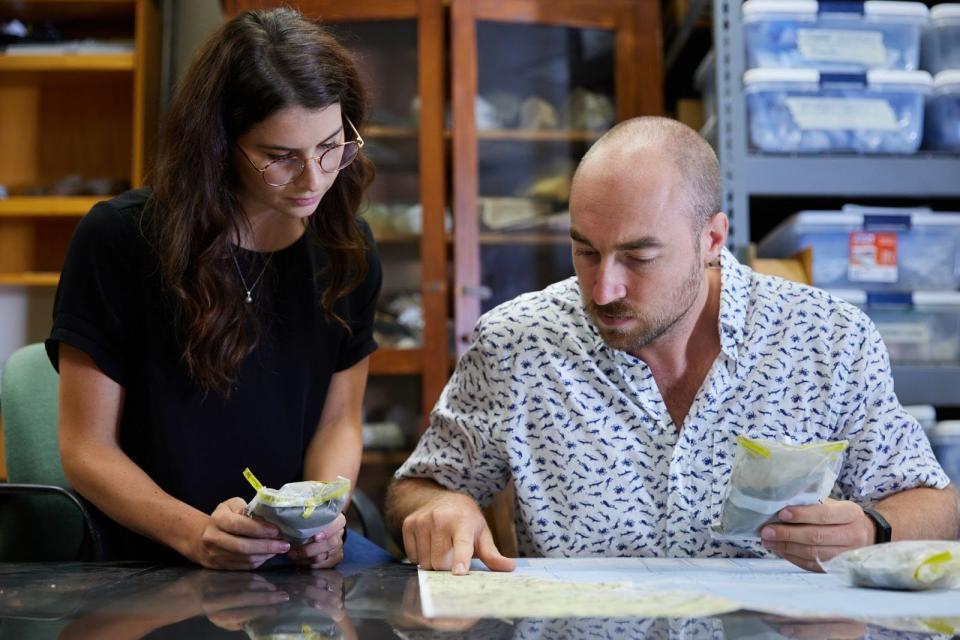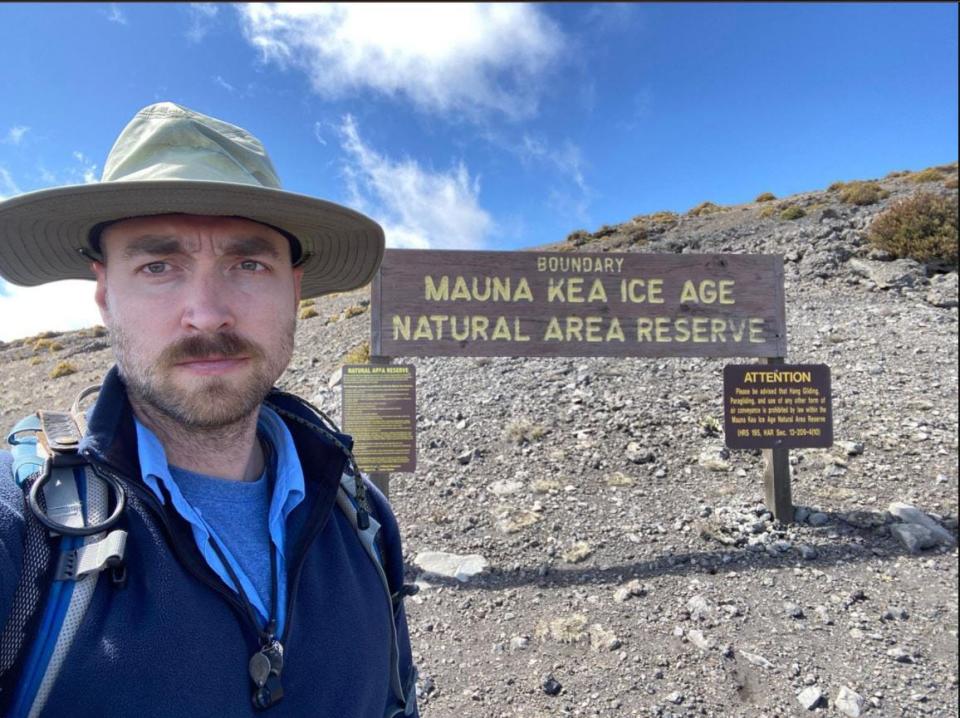Evansville native Steven Adams competing in Elon Musk-sponsored climate change competition
EVANSVILLE, Ind. — An Evansville native is leading a startup company that is developing a way to tackle climate change.
Along the way, it could also help farmers.
Geologist Steven Adams, 34, is pursuing a doctorate degree at the University of Oklahoma.
More: 5 holiday things to do and see this Christmas season near Evansville
Adams and a group of current and former students at the university created Bison Underground, a startup aimed at making Adams' idea a reality.
Their group is among 23 student-led teams sharing in a $5 million award to help them compete in the larger, four-year global competition to develop carbon removal solutions sponsored by billionaire Elon Musk.

Bison Underground will receive $250,000 to develop the idea. Adams said the prize money is specifically designed to help level the playing field for student-led groups in the competition who may not have access to capital.
Ultimately, four winners will split a $100 million prize. The concept is to hurry creation of solutions for removing and storing large amounts of atmospheric carbon dioxide which is contributing to climate change.
The concept being developed by Bison Underground is a mechanical system that will use the power of plants to remove carbon from the atmosphere and then rapidly store it in soil, promoting better plant growth.
Video: Evansville's tallest building implodes as residents watch from near and far
Adams said the first round of funding will be used to design, build and test a prototype machine, including conducting soil sampling to assess its impact. They will also talk to large and small-scale farmers in order to develop a product that not only works in theory but that people will actually want to use.

"The main idea is there is too much carbon in the atmosphere and not enough in agricultural soils," Adams said. "If you want healthy plants you need healthy soil."
Adams said soil tilling and other conventional farming methods lead to carbon depletion of soils by bringing organic matter up to the surface where it is easily eroded and evaporated.
He and his teammates are hopeful that the system they are developing will have multiple environmental benefits. These include excess carbon removal from the atmosphere, but also promoting more sustainable, organic agriculture and reducing the need for chemical use.
One important aspect of the technology Adams and team are developing is that will be adaptable for use on small, family farms as well as larger agricultural operations. Adams said that is important because it help counter the global food insecurity and economic impacts created by climate
"I want to help address not just one problem — climate change — but a number of interconnected problems. To me, this isn’t simply about carbon in the atmosphere. It’s about the broader environment, people’s health, food security and economic opportunity," Adams said. "I’ve seen how these issues are linked not only among my own family in Indiana and their ability to maintain small farms, but in the communities I’ve lived in around the world."
Adams said he has always had an interest in rocks and natural science. A first-generation college student, Adams didn't start on his path to a science career right away. After graduating from Bosse High School in 2005, he joined the U.S. Marine Corps, serving with an aviation squadron on an aircraft carrier and then as an embassy guard on three continents. After leaving the Marines he lived in Namibia in Africa.

While living abroad he was able to see different landscapes and environments and learn about their histories and how people interact with them.
"To me, geoscience is a skill set that enables us to solve a lot of the problems facing humanity, especially in terms of getting people the resources they need to improve their quality of life while being sustainable for the long term," Adams said.
Mark Wilson covers education and environment at the Courier & Press. Contact him at mark.wilson@courierpress.com.
This article originally appeared on Evansville Courier & Press: Evansville native competes to develop carbon removal technology

